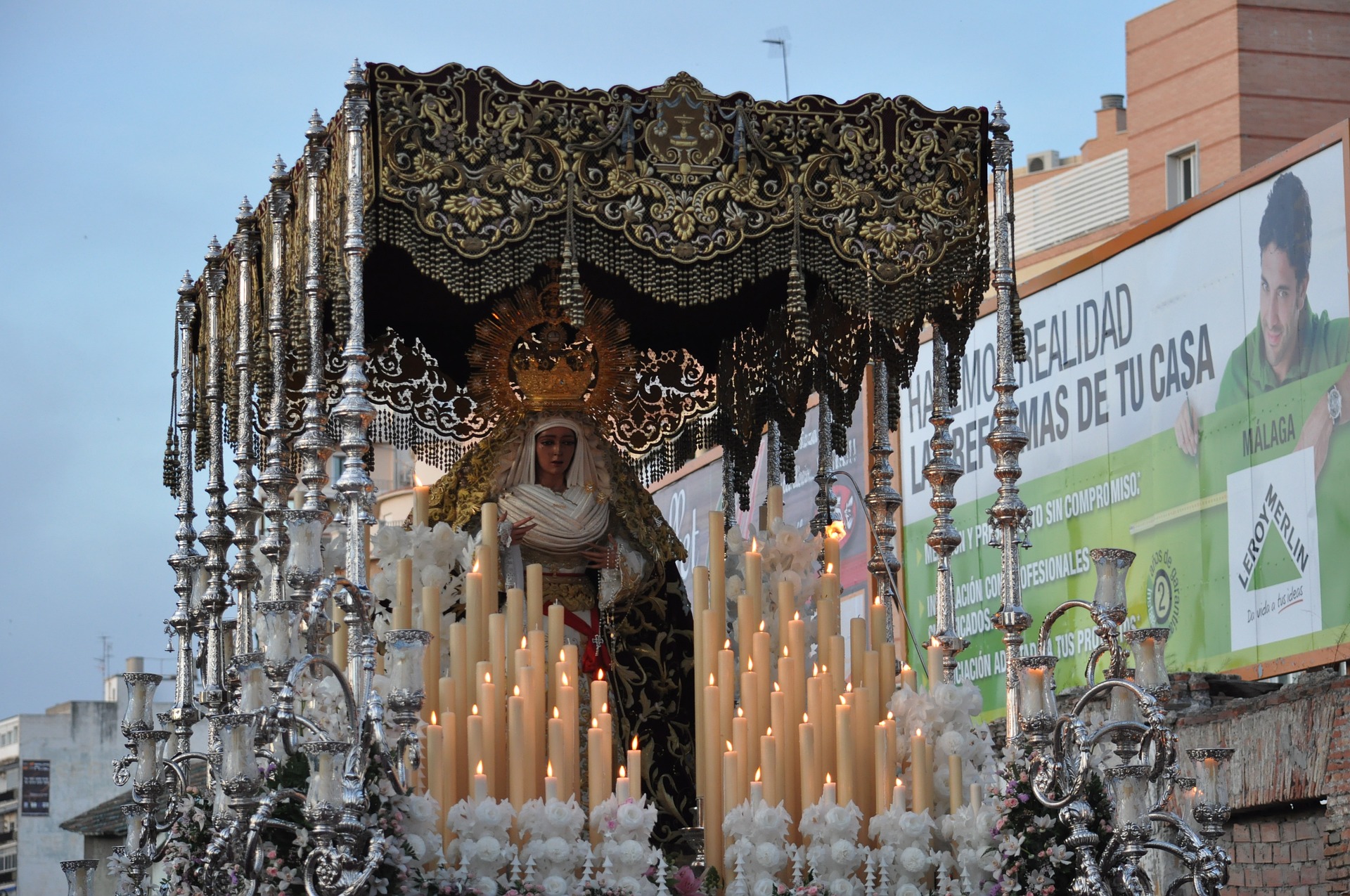

Photo via Pixabay
After many days without any holidays, we can hardly wait any longer for Semana Santa, or Holy Week. As Christmas was long ago, we are looking for a time to disconnect, before the arrival of summer and summer holidays, which lay still far ahead. Holy Week is the week in which we commemorate the death and subsequent resurrection of Jesus of Nazareth. This holiday is one of the most deeply rooted holidays in Spain, largely due to the Christian tradition, that characterizes Spanish folklore. Today ShBarcelona will tell you all about how we celebrate Holy Week in Catalonia.
Related article: Holidays and Celebrations in 2019


Photo via Visualhunt
Holy Week is a holiday that is traditionally followed by many people. The only difference that characterizes Holy Week in Catalonia, is that, unlike in other areas of Spain, Maundy Thursday is not an official holiday, and Easter Monday is. On this day it is traditional for children’s godparents to give them a present: a mona de pascua, which is usually a cake decorated with Easter eggs, but which has evolved into cakes with memorable figures, from the world of children, sports and culture. These figures are made with chocolate, and are, of course, edible. In addition, Holy Week in Catalonia is full of processions and theatrical performances about the passion of the Christ or his resurrection. This period of time is destined to be a time of recollection and reflection, for some an achievement of extraordinary solemnity. The Spanish processions have become a cultural attraction for many tourists, and not without good reasons: the performance during the procession gives you goose bumps and makes you feel sentimental, even if you are not a believer. In Catalonia, the most beautiful and impressive processions take place in L’Hospitalet de Llobregat, a town bordering Barcelona. In this community you can witness one of numerous processions.
Related article: Sant Jordi: the patron saint of Catalonia
Photo via Pixabay
During the processions Jesus of Nazareth is being carried by 48 bearers, with a total weight of close to 2,000 kilos on their shoulders. In the Ciudad Condal, and more specifically in Ciutat Vella, it is also a tradition to organize several processions, which are passionately attended by many religious Barcelonians. One of the oldest processions in Catalonia takes place in Badalona, a city close to the Catalan capital, on the other side of the River Besòs. The Passion of Esparraguera is well known for the magnificent performance representing the passion of the Christ. Amateur actors are usually inhabitants of the municipality. In the town of Súria though, it is normal for groups of young people to sing popular songs about the resurrection of Jesus door-to-door, in exchange for Easter eggs or money. Tortosa, Girona, Lleida and Tarragona are also relevant cities where processions and celebrations take place. Holy Week is without a doubt the time that folklore and Christian culture presents itself more visibly in the regions of Catalonia.
What are your recommendations for Holy Week in Catalonia?
Barcelona’s Mediterranean climate, with increasingly warmer and longer summers, makes air conditioning an essential feature…
Maybe you're thinking about selling a property or you've just inherited one or more real…
Do you enjoy strolling among trees and plants, away from the hustle and bustle of…
If you are planning to move to Barcelona for a few months or permanently, one…
ShBarcelona establishes itself as the leading agency within the Apialia Eixample Group, reaffirming its position…
Are you going to visit Barcelona this 2025? The vibrant Catalan capital once again becomes…